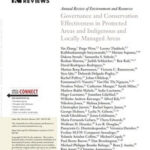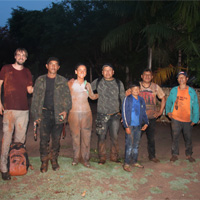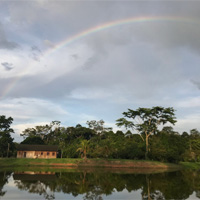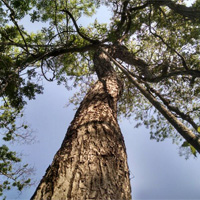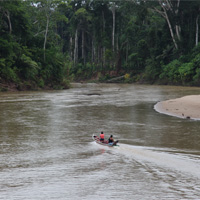Amy E. Duchelle, Marina Cromberg, Maria Fernanda Gebara, Raissa Guerra, Tadeu Melo, Anne Larson, Peter Cronkleton, Jan Börner, Erin Sills, Sven Wunder, Simone Bauch, Peter May, Galia Selaya, William D. Sunderlin. World Development, v. 45, p. 80, 2013.
Pervasive tenure insecurity in developing countries is a key challenge for REDD+. Brazil, a leader in REDD+, has advanced efforts to link forest tenure reform and environmental compliance. We describe how these policies have shaped sub-national interventions with detailed data on land tenure and livelihoods in four REDD+ pilot sites in the Brazilian Amazon. Despite different local contexts, REDD+ proponents have converged on a similar strategy of collaborating with government agencies to clarify tenure and pave the way for a mix of regulatory enforcement and incentive-based REDD+ mechanisms. This polycentric governance model holds promise for effective and equitable REDD+ implementation.






